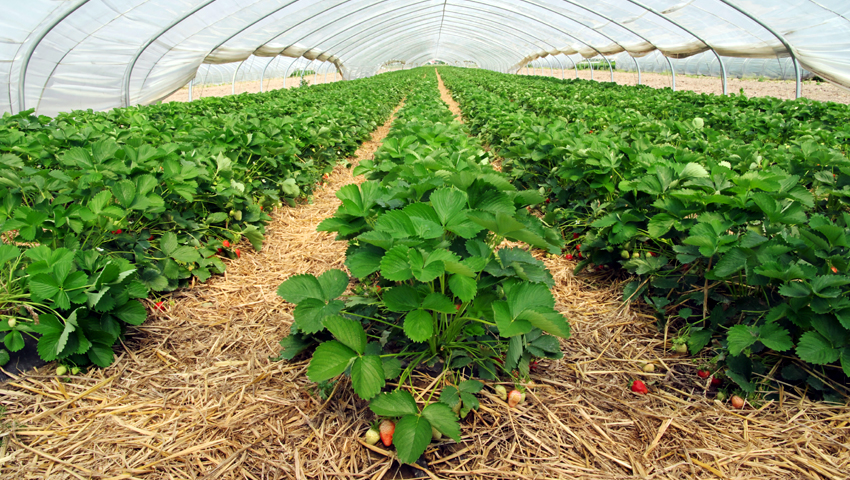FORMER Environment Secretary, George Eustice MP, has argued that “We must use the advent of AI to update our outdated view of ‘skilled’ work, as the current policy is leading to labour shortages and fuelling inflation.”
He asks, in an article for The House magazine, “What constitutes a skill in the era of Artificial Intelligence? The government currently advocates a ‘skills based’ immigration policy, by which it means giving preferential treatment to people like lawyers or economists with a formal qualification. It insists that robotics can replace what it deems to be ‘low skilled’ jobs like fruit picking.”
Eustice asks whether the current definition is valid, or whether it simply reflects current social attitudes. He says, “As some of our most talented computer coders wrestle with the challenges involved in the deployment of robotic technology, they are discovering [that] a robot finds human, dextrous skills far more impressive and far harder to replicate than cognitive skills. It is relatively straight forward to train a robot to be a grand master in chess, but virtually impossible to train a robot to catch a cricket ball on a cricket pitch.
“When a cricket player catches a ball, they are doing something quite extraordinary. They are predicting the future and intuitively working out where they need to be on the field, what speed they need to run to get there, and then there is immense subconscious coordination to take the catch. In laboratory conditions, robots have been trained to catch a ball and even to play table tennis, but it is remarkably difficult to transfer those abilities to a cricket pitch because the environment just becomes far too unpredictable.”
Eustice writes that the pioneers developing robotic technology for agriculture are encountering a similar hurdle.
“In outdoor conditions, some fields are flat, some have hills. Crops have different varieties with different colours and characteristics. Some varieties of the same crop have more leaves than others. Sometimes a gale of wind or a hail storm can change the way the field looks. Sometimes rain can cause light reflections which change the way the crop looks. That is why the deployment of robotics for harvesting on farm remains challenging.”
“This has implications for immigration policy,” says Eustice. “We need a system that is more responsive to the needs of the labour market. The current skilled occupation list includes solicitors, insolvency practitioners, librarians, museum officers and PR consultants, where there are no shortages at all, but excludes people with dextrous skills in sectors like the food industry where there are acute labour shortages.
“The current policy is exacerbating inflation and can only be fixed by changing the way we define skills in our immigration policy or by accepting the need for more temporary visas in certain areas.”
